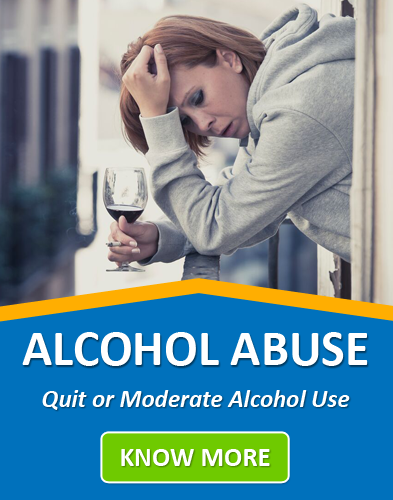 Did you know that studies conducted since 1959 have concluded that 95% of all diets do not work? This means that 95% of people who lose weight from a diet will gain it back within one year, and often will gain more weight. For over 50 years scientists have come to the same conclusions, yet people still want to try the latest diet trends to shed a few pounds.
Did you know that studies conducted since 1959 have concluded that 95% of all diets do not work? This means that 95% of people who lose weight from a diet will gain it back within one year, and often will gain more weight. For over 50 years scientists have come to the same conclusions, yet people still want to try the latest diet trends to shed a few pounds.
So why don’t diets work? This article will examine some of the different reasons that diets do not provide the long-term goals people are looking for.
- Biologically, diets stress the body – When a person goes on a diet they are putting a lot of strain on their bodies. The brain produces higher levels of adrenaline and cortisol, which slow down the burning of calories. By denying food to the body it is forced into thinking it is in some type of survival mode to save calories. This action actually slows down weight loss.
- People are different – There are many different types of diets out there and even more different types of people. Just because a friend did a specific type of diet and had some success doesn’t mean it works for everyone. People need to figure out what works best for them and not just what the latest fad is.
- Can cause an unhealthy relationship with food – When depriving the body of calories in a diet, it will make people think there are “bad” foods, such as the low calorie, pre-packaged diet foods that do not give the body the right nutrition. While these are easy options for a diet, they have minimal calories to burn for exercise. As well, having to eat fruits and vegetables all the time might put people off them and go back to the bad foods.
- Diets don’t create sustainable change – Simply going on a diet and cutting out food and calories doesn’t create a long-lasting way to healthy living. Most people want to drop a few quick pounds and then think they can go straight back to their old ways. Understanding that the “why” of what we eat can go farther than just “what” we are eating is key to long term weight loss. Understanding why we reach for the same unhealthy foods will go a long way to changing eating habits for life.
- Social and Behavioral Issues – Diets are different than other cessation methods such as quitting smoking or alcohol because people don’t need those to live. People always have to eat, but how much and what to eat are the problems faced in society today. Most restaurants serve high calorie items that rely on high fat, salt and calorie levels to maximize taste but not nutrition. There are also factors involved such as peer pressure to achieve a certain weight through crash diets. This causes more dieting than is needed and makes relapsing more likely.
- Less energy – When people gain weight they need to use more energy to move around. The same is obviously true with weight loss. Less body mass equals less energy to move. When dieting, the body can also undergo other unhealthy changes such as a decrease in body temperature, fewer spontaneous physical activities (such as jogging or basketball), and a lower resting metabolic weight.
- Increase in appetite – People on diets also experience an increased level of hunger and an increased craving for high-calorie foods which will make them more susceptible to relapsing off the diet. Additionally, the hormones that control the feeling of being full and inhibit food intake are decreased while the brain’s response to food rewards is increased.
- Diets aren’t fun! – People enjoy eating. Tastes, smells, visuals, touch, even sounds are all related to eating. Sometimes the foods we like to eat are not good for the body, which leads to weight gain, which leads to dieting, which leads to restricting the foods that people love to eat. If there is no joy in dieting, it is no wonder they don’t work.
Dieting has been around for quite for many years, but the research being done on what works and what doesn’t is ongoing. With people having all different types of body mass indexes, metabolisms, and genetic predispositions there are any number of diets that might work or, more likely, lots of diets that won’t work at all.
The best way to change your body image with weight loss is to change the way you look at what you eat. Changing eating patterns to healthy ones, rather than limiting, will go farther towards a longer lasting weight loss.







